Speaker details are being updated daily. Speakers are grouped by their session and then in order of their slot in the schedule
Plenary Sessions
09:45 The challenges and lessons of reporting the pandemic
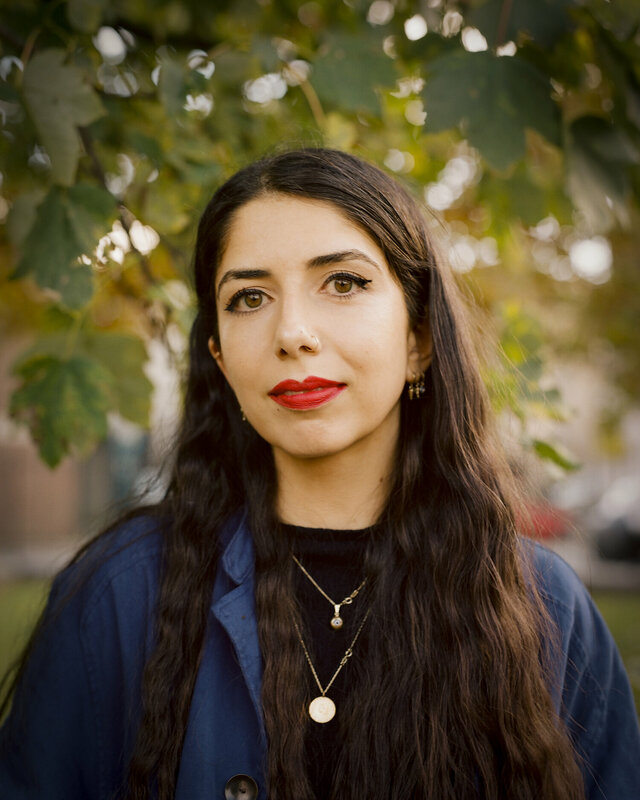
Sirin Kale is an investigative journalist and feature writer for the Guardian. She was shortlisted for the Orwell Prize for her 2020 long-form Guardian series Lost to the Virus, about the lives lost to the Covid-19 pandemic. In 2021 she won a British Journalism Award for her investigation into sexual misconduct allegations against the actor and director Noel Clarke, which triggered a Me Too movement in the British film and TV industry. She has interviewed Finnish prime minister Sanna Marin and Nobel Laureate Malala Yousafzai for British Vogue, her long reads on dropshipping and aeroplane stowaways have been selected as must-reads by Longform, and she has lectured on journalism at universities including UAL, LSE, and the University of Nottingham.
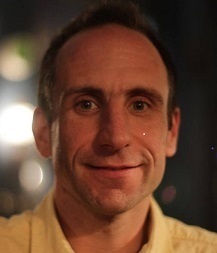
Andy Extance is the Chair of the ABSW. He fuses chemistry and physics – and whatever other elements cross his desk – into words, thanks to a career infused with both fields. He has been a freelance science writer since 2003, working for employers such as Chemistry World and BBC Future. He was news editor for Compound Semiconductor magazine from 2006-2009.
Before that, Andy worked in industrial chemistry, briefly making adhesives and rubber after spending six and a half years working at Tripos Discovery Research, an early-stage contract pharmaceutical research company. He is also a director of Exeter Community Energy, director of Exeter Empirical and Editor-in-chief of ScienceSeeker.
17:00 Spike: The Virus vs. The People - the Inside Story
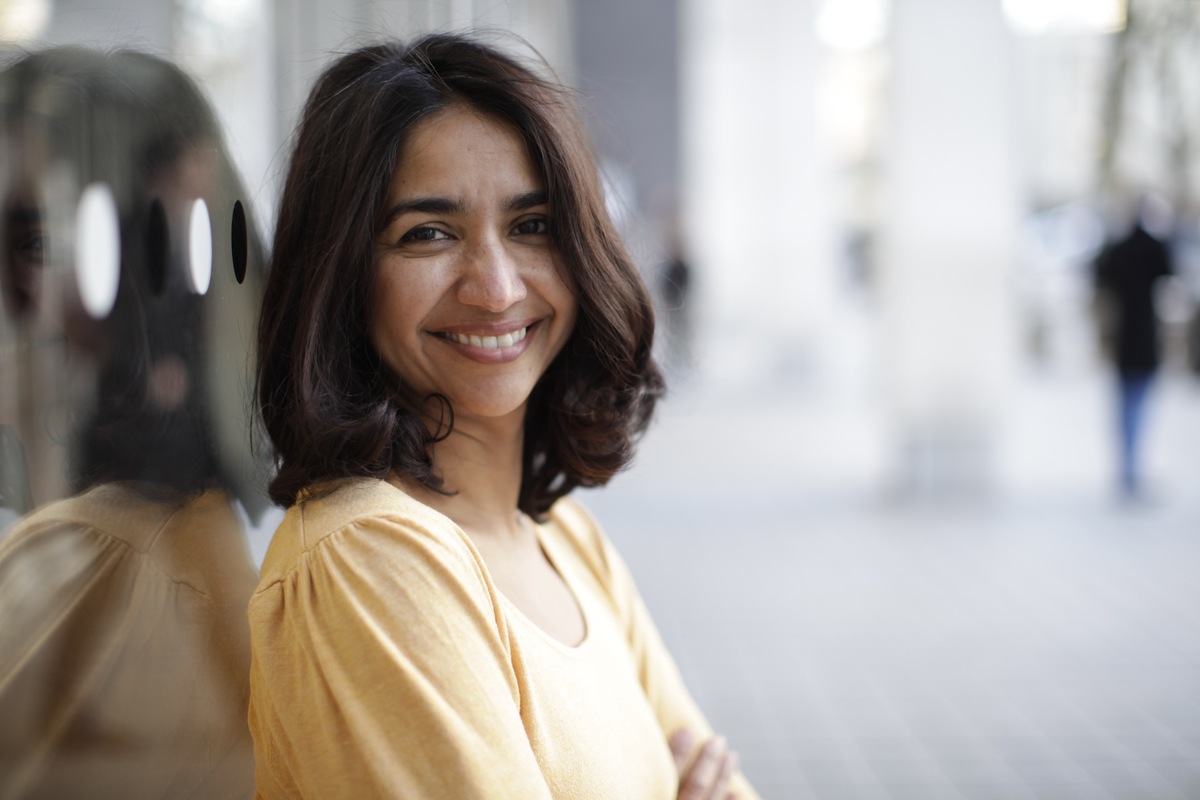
Anjana Ahuja is the Financial Times’ award-winning science columnist, writing a weekly column on science, technology and global health. She is the co-author, with Jeremy Farrar, of Spike: The Virus Vs the People, The Inside Story (Profile), shortlisted for the 2022 Orwell Prize for Political Writing. She was one of the first UK journalists, in early January 2020, to write about a mystery pneumonia in Wuhan, and was named last year by the i newspaper as one of the most influential female voices in the pandemic.
She is a trustee for the charity Sense about Science, a supporter of Speakers for Schools and a proud member of the ABSW. She holds a PhD in space physics from Imperial College London and a postgraduate diploma in journalism from City University. She lives in London.
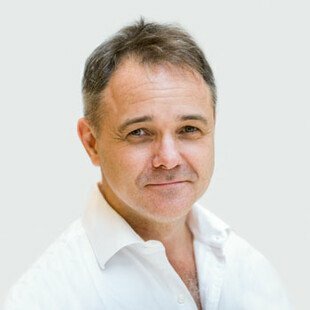
Sir Jeremy Farrar OBE FMedSci FRS is the Director of Wellcome, a global charitable foundation which supports science to solve urgent health challenges.
Jeremy’s whole career has been dedicated to protecting and improving global health. As a researcher he specialised in infectious diseases, and he has published more than 600 papers.
Born in Singapore, Jeremy lived there and in Cyprus, New Zealand and Libya as a child before moving to the UK as a teenager. He holds degrees in immunology and medicine from University College London and a doctorate in neuroimmunology from the University of Oxford. He trained as a doctor in London, Edinburgh, Melbourne, San Francisco and Oxford.
Jeremy spent 18 years leading the Clinical Research Unit at the Hospital for Tropical Diseases in Ho Chi Minh City in Vietnam, where he made many pivotal advances in the understanding of diseases like tuberculosis (TB), malaria, typhoid, dengue and influenza, as well as helping to train scientists from across South-east Asia and beyond. He joined Wellcome as Director in 2013.
As part of the response to the Covid-19 pandemic, Jeremy is a member of the UK Vaccine Taskforce and the Principles Group of the ACT-Accelerator hosted by the World Health Organization (WHO), and he chairs the WHO R&D Blueprint Advisory Group. As well as sharing his expertise, he champions rapid investment in research on Covid-19 testing, treatments and vaccines, and argues that everyone – not only people who live in rich countries – should benefit equally from the discoveries that result.
He has held a number of other advisory roles for governments and international bodies such as the WHO and UK government’s Scientific Advisory Group for Emergencies (SAGE). He was named 12th in the Fortune list of World’s 50 Greatest Leaders in 2015 and was awarded the Memorial Medal and Ho Chi Minh City Medal from the Government of Vietnam for services to public health, medicine and research. He is a Fellow of the Royal Society, the European Molecular Biology Organization, the US National Academies and the UK Academy of Medical Sciences. In 2018 he received the President Jimmy and Rosalynn Carter Humanitarian of the Year Award and in 2019 was knighted for services to global health.
Jeremy lives in Oxford with his wife and children. He loves all sport but he’s most passionate about cricket and still plays regularly for Steeple Aston Cricket Club. He’s also a keen walker, whether that’s in the Alps or across the Oxfordshire hills with the family dogs, Coco and Sẽp-Y.
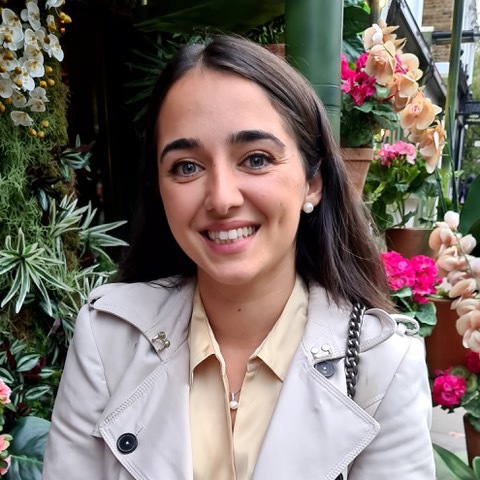
Elisabeth Mahase is the clinical news reporter at the BMJ. She previously worked at GP magazine Pulse, where she won the MJA Newcomer award for her investigation into how pharmaceutical companies use charities to drive worried well to their GP. Elisabeth also won the first MJA Podcast of the Year award 2020 for her work at the BMJ reporting on the war in Syria and how medics are targeted and attacked. She has an MSc in Science Communication from Imperial College London and a BSc in Biomedical Science from Brunel University London. Elisabeth was named in the PPA 30 under 30 list in 2019.
Parallel Sessions
11:15 Lessons from a pandemic: how journalists navigated the weird world of work during COVID-19
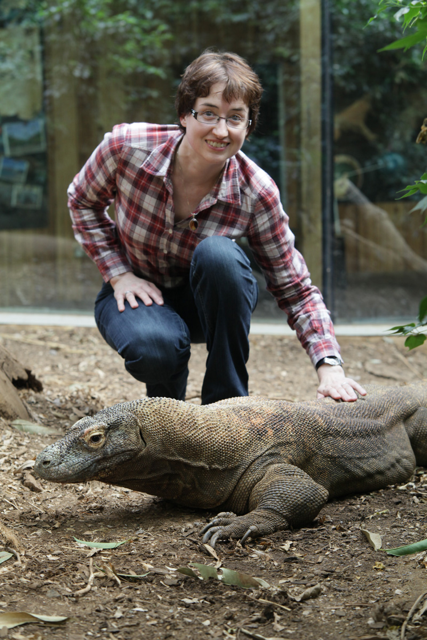
After completing doctorate in developmental biology, Claire Ainsworth joined New Scientist magazine as a trainee subeditor before moving on to becoming a reporter and a features editor. She later joined the journal Nature as a senior reporter and editor, news and features. She went freelance in 2007 and writes for a variety of outlets on biology and biomedicine, although she occasionally ventures into the world of zoology, as you can see from her picture. The photo is from one of her favourite stories about how Komodo dragons (and other reptiles) aren’t as slow-witted as once thought. In fact, you can train dragons using the same techniques used to train dogs, although it’s definitely not something you should try at home!
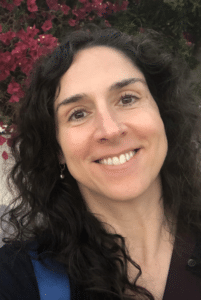
Natasha Loder is the health policy editor at The Economist. She has worked there for over 20 years in a range of reporting roles mostly in science, technology, and medicine. Between 2011 and 2015 she was based in Chicago and covered politics, education, and American life. After this, she moved to a health beat. Before arriving at The Economist she worked at Nature, and The Times Higher Education Supplement. She has won awards for her work in feature writing, news, opinion, and investigative reporting. She is a former chair of the Association of British Science Writers, and a current judge of the John Maddox Prize. This recognises the work of individuals who promote sound science and evidence. Together with Alok Jha she hosts The Jab, a podcast from The Economist, focusing on the global vaccination race.

Emma Stoye is a news editor of weekly international journal Nature, where she writes and edits news on cutting edge research as well as issues affecting the scientific community. Her work has been featured in Scientific American, and on the BBC radio show The Naked Scientists. She was formerly Vice Chair of the Association of British Science Writers.
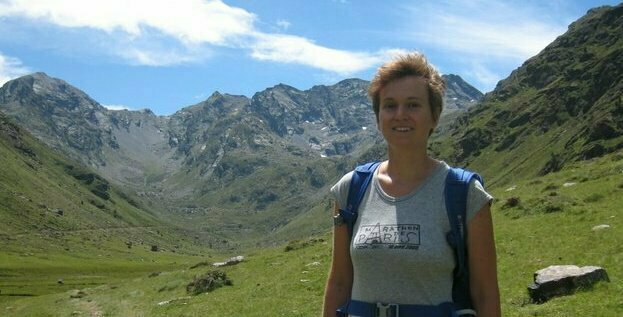
Katharine Sanderson is an award-winning science journalist and editor who mostly writes about the physical sciences, for titles including Nature, New Scientist and many others.
She was a news editor and reporter at Nature for several years, and started her journalism career at Chemistry World when it first launched.
Katharine also teaches modules on science writing at Leeds University and King's College London. She has BSc and MSc chemistry degrees from Imperial College and a PhD in chemistry from Cambridge University. She is a member of the Executive Board of the ABSW and of the Programme Committee for UKCSJ22.
Katharine has made the most of freelancing to live in different places, including the French pyrenees, and is now based on the Lizard peninsula, Cornwall.
11:15 COVID, scientists and science journalists
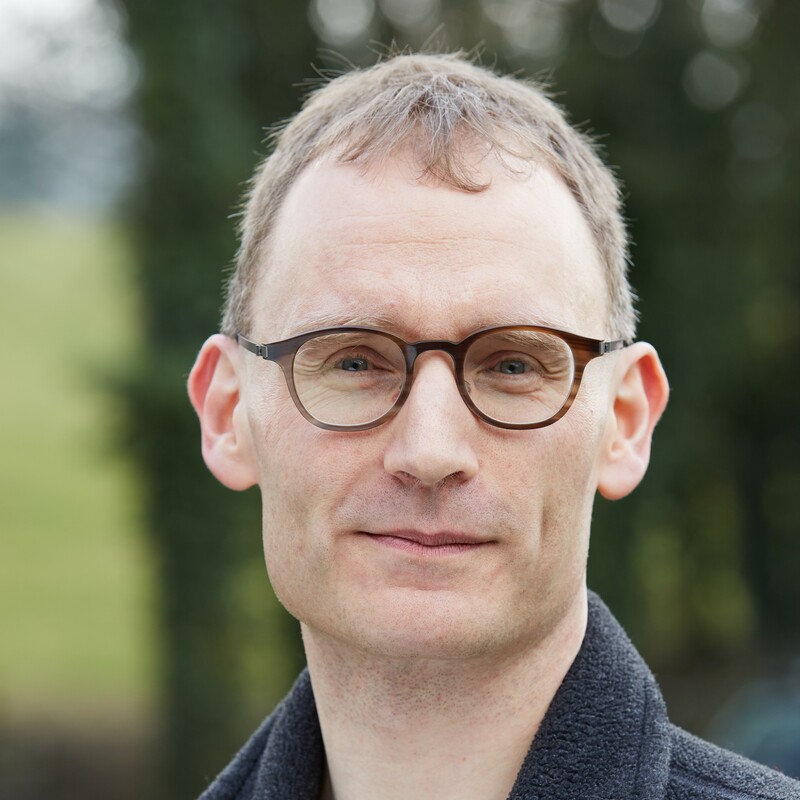
Neil Ferguson founded and directs the Jameel Institute and the MRC Centre for Global Infectious Disease Analysis at Imperial College London. He also heads the NIHR Health Protection Research Unit for Modelling and Health Economics. He is an International Member of the US National Academy of Medicine and a fellow of the UK Academy of Medical Sciences.
He uses mathematical and statistical models to investigate the processes shaping infectious disease pathogenesis, evolution and transmission. In addition to basic theoretical work, Professor Ferguson has applied models to study the transmission and control of multiple infectious diseases. He was educated at Oxford University where he also worked before moving to Imperial College. He is best known for the real-time modelling of emerging infectious disease outbreaks, having worked on the transmission dynamics and control of SARS, avian (H5N1) and pandemic (H1N1) influenza, MERS-coronavirus, Ebola, Zika and now COVID-19. His other major research interest is in vector-borne diseases – he has worked on dengue throughout his career and more recently has expanded his research to include Yellow fever, Zika and malaria.
Neil has always worked at the interface of science and policy, and advises governments, the World Health Organisation and multiple other bodies on emerging infections and infectious disease epidemiology and modelling.
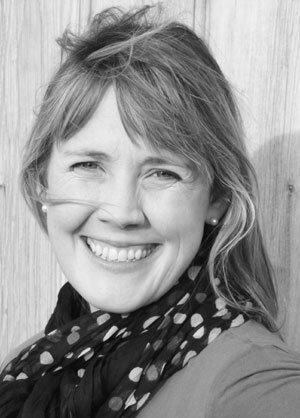
Linda Geddes is a Bristol-based freelance journalist writing about biology, medicine and technology. Born in Cambridge, she graduated from Liverpool University with a first-class degree in Cell Biology. She spent nine years at New Scientist magazine working as a news editor, features editor and reporter, and remains a consultant to the magazine. Linda has received numerous awards for her journalism, including the Association of British Science Writers’ awards for Best Investigative Journalism. She is married with two young children, Matilda and Max.
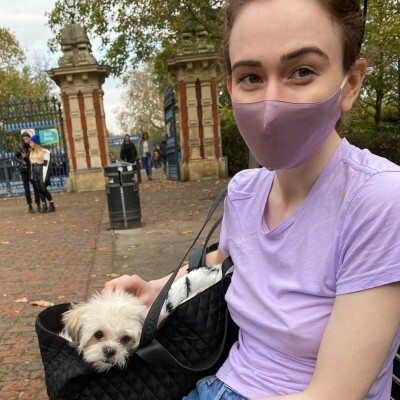
Janet Eastham is an RTS award-winning, BAFTA nominated and IRE highly-commended investigative journalist. She specialises in complex investigations, exclusive stories, interviews and sensitive access. Currently the staff Investigations Reporter at The Telegraph, she was previously an investigative journalist and producer at Channel 4 News.
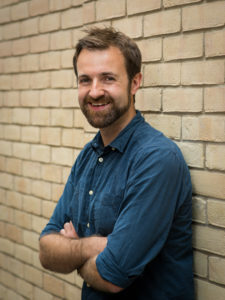
Kit Yates is a Senior Lecturer in the Department of Mathematical Sciences and co-director of the Centre for Mathematical Biology at the University of Bath. He completed his PhD in Mathematics at the University of Oxford in 2011.
His research demonstrates that mathematics can be used to describe all sorts of real-world phenomena: from embryo formation to locust swarming and from sleeping sickness to egg-shell patterning. He is particularly interested in the role that randomness plays in Biology. His research into Mathematical Biology has been covered by the BBC, the Guardian, the Telegraph, the Daily Mail, RTE, Scientific American and Reuters amongst others.
Along side his academic position, Kit is also an author and science communicator. His first book, “The Maths of Life and Death“, was published on September 5th 2019, by Quercus.
Kit’s writing about the enjoyment and ubiquity of Mathematics has appeared in the Guardian, the Times, the Huffington Post, the i, the independent, the Daily Mail, and popular science publications such as Scientific American and IFLscience as well as having over 1.4 million reads on the Conversation. Kit sets real-world-based mathematical puzzles which have appeared in a range of newspapers, on tube adverts and on the radio. He has also made appearances on Panorama, More or Less, BBC News, Bang goes the theory, BBC Inside Science, Sky News, Numberphile and even on Watchdog.
He also shares his enthusiasm and love of Mathematics in keynote speeches at conferences, festivals as well as schools and workshops as part of his role as widening participation, outreach and engagement officer at the University of Bath.
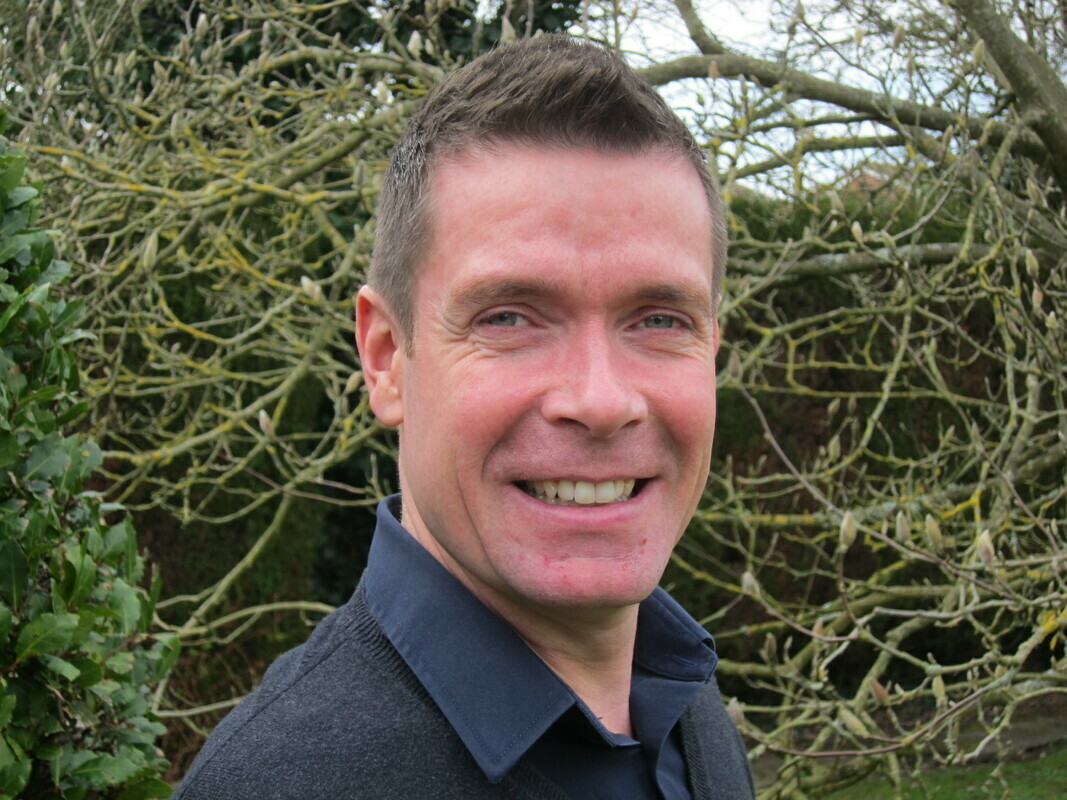
Andy Ridgway is a former Deputy Editor of BBC Science Focus and he continues to write, his work appearing in Focus, New Scientist, The Economist and Men's Health. He is a Senior Lecturer in Science Communication at the University of the West of England in Bristol and programme leader of their internationally renowned MSc in Science Communication. He was UWE's Principal Investigator on the Europe-wide online science communication research project RETHINK, which considered current challenges such as misinformation and trust. Andy has spent several years as a member of the judging team of the Max Perutz Science Writing Award run by the Medical Research Council. He is a member of the ABSW Executive Board and of the Programme Committee for the UKCSJ22.
12:15 Trust, sensemaking and science – research insights for science writers

Andy Ridgway is a former Deputy Editor of BBC Science Focus and he continues to write, his work appearing in Focus, New Scientist, The Economist and Men's Health. He is a Senior Lecturer in Science Communication at the University of the West of England in Bristol and programme leader of their internationally renowned MSc in Science Communication. He was UWE's Principal Investigator on the Europe-wide online science communication research project RETHINK, which considered current challenges such as misinformation and trust. Andy has spent several years as a member of the judging team of the Max Perutz Science Writing Award run by the Medical Research Council. He is a member of the ABSW Executive Board and of the Programme Committee for the UKCSJ22.
12:15 Who gets to tell the story? Diversity in science journalism
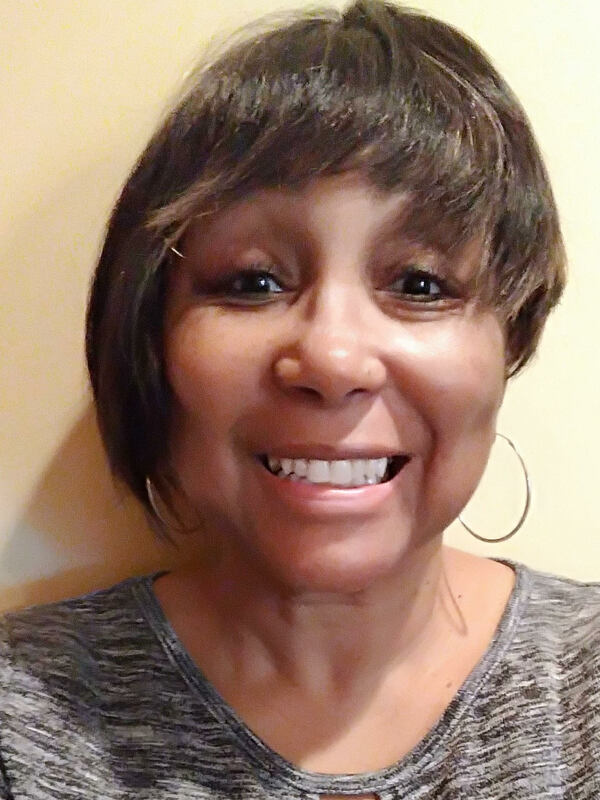
Melba Newsome is an award-winning independent journalist with over 20 years of experience contributing education, health, environmental and investigative features to some of the most widely-read publications in the United States. As a 2020 Reynolds Journalism Institute Fellow, she developed a training curriculum to help journalists diversify their reporting sources and subjects. She lives in Charlotte, North Carolina. Learn more about her work at melbanewsomewriter.com.
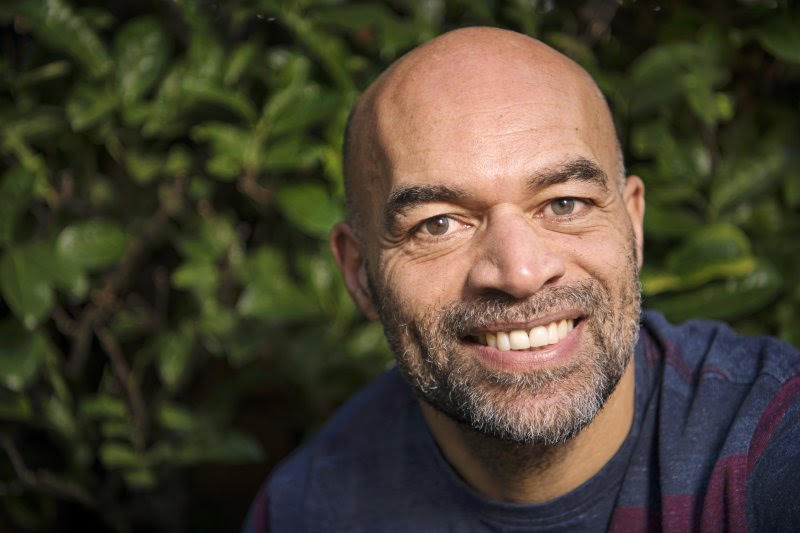
Joseph Harker is Senior Editor, Diversity, and Development at The Guardian. He is also a columnist and former Deputy Opinion Editor
For 20 years Joseph has run the Guardian's Positive Action Scheme, which offers enhanced work experience to aspiring journalists who are ethnic-minority or have a disability: many have gone on to have successful media careers.
Before joining the Guardian, Joseph was Editor and Publisher of the weekly newspaper Black Briton, and prior to that he was Assistant Editor at The Voice.
He tweets at @josephharker
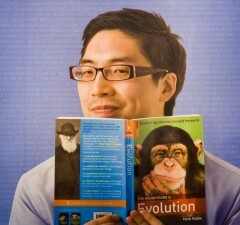
Mun Keat Looi is a Features Editor and journalist with 15 years experience in science writing, digital content, longform features, narrative storytelling, growth/audience engagement and social media. He is International Features Editor at The BMJ, lectures on journalism at Imperial College London and is an author on two books, ‘Big Questions in Science: The quest to solve the great unknowns‘ (2013) and the Geek Guide to Life (2016).
Mun-Keat was awarded the silver Rising Star Award at the 2015 British Media Awards and has written and produced news, features, podcasts, and videos for Quartz, The Guardian, BBC Focus, Chemistry World and others. Features he has edited have been critically acclaimed, including three squee moments when recommended in the New Yorker.
In previous lives, he was Commissioning Editor for the award-winning longform magazine Mosaic, headed up social strategy for Wellcome Trust, served on the Executive Committee of the Association of British Science Writers, and led a charity project that earned over £16,000 and widespread media coverage as a side hustle.
He gives regular talks and workshops on social media, digital journalism and science communication. He’s a verified Twitter user with over a quarter of a million people following his recommendations on Pocket.
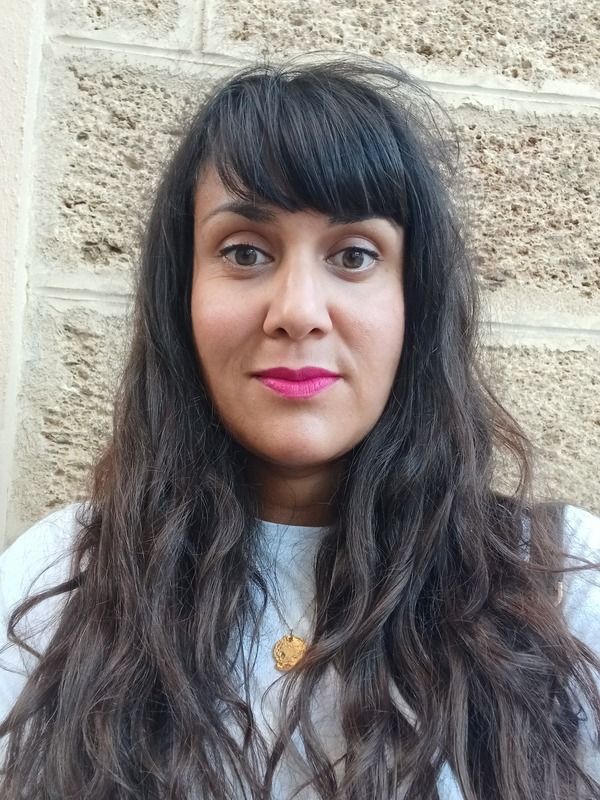
Miriam Frankel is an author and science journalist based in London. She is science editor for The Conversation and has written for publications including The Guardian, New Scientist, Nature, FQXi and Physics World. Her first book, 'Are you thinking clearly?: 29 reasons you aren't and what to do about it' co-written with Matt Warren, was published in August 2022 by Hodder Studio (Hachette).
13:15 Meet the Editors (lunch time session)
Book a slot during the morning for this lunch time session. Pitch your ideas, get careers, or other advice from our expert editors. Further editors being added.
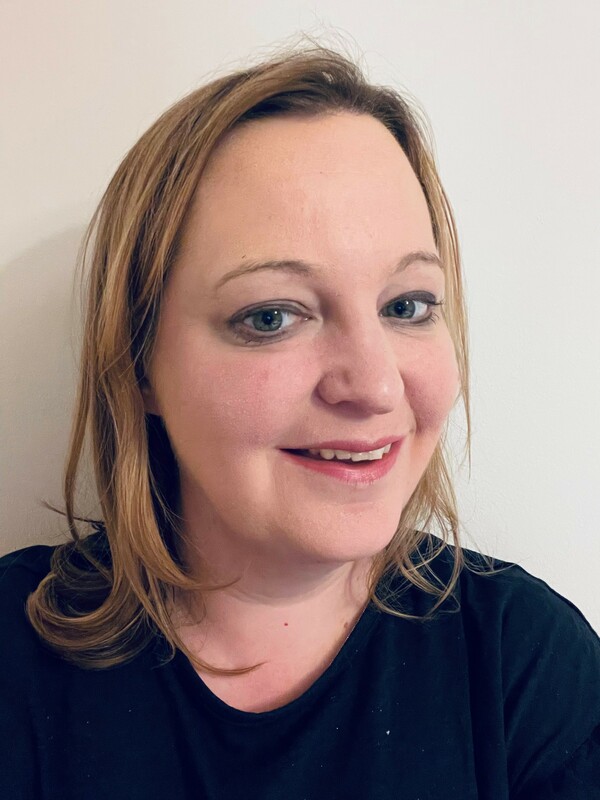
Sarah Richardson is the editor-in-chief of Research Professional News, a daily news service covering research policy, funding and higher education around the world. Sarah leads Research Professional News’s editorial coverage and strategic development—including on the publication’s digital magazines Research Fortnight and Research Europe—and oversees the work of a team of 30 specialist journalists. Research Professional News is an editorially independent service published by Ex Libris (part of Clarivate). Sarah has been a journalist and editor for nearly two decades. She was jointly named Association of British Science Writers Editor of the Year in 2022 and is a past winner of the PPA Writer of the Year award. She has appeared as a commentator on research policy in national UK media, including the Guardian and the Times, and is a Trustee of education charity The Talent Foundry.
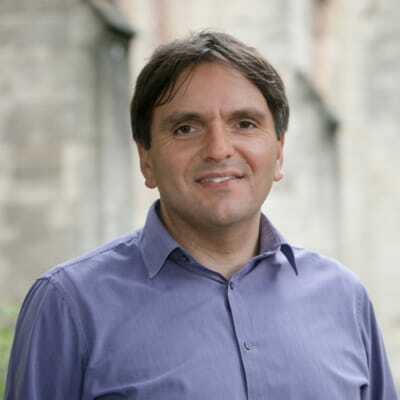
Matin Durrani is editor-in-chief of Physics World, where he helps the editorial team to come up with brilliant, thoughtful, informative and entertaining articles and multimedia from every corner of physics and from all over the globe. Before moving into publishing, he studied chemical physics at the University of Bristol and went on to do a PhD and postdoc in polymer physics with Athene Donald at the University of Cambridge. These days he still enjoys covering practical, everyday physics of that kind and has a soft spot for science communication and the history of physics. He also likes reporting on his various trips and visits around the world meeting all kinds of people in the physics community. Outside work, Matin is busy thinking up a sequel to his popular-science book Furry Logic: the Physics of Animal Life, which he wrote with Liz Kalaugher, and also has an unhealthy interest in Birmingham City FC and the German language.
(Image courtesy Jo Hansford Photography)
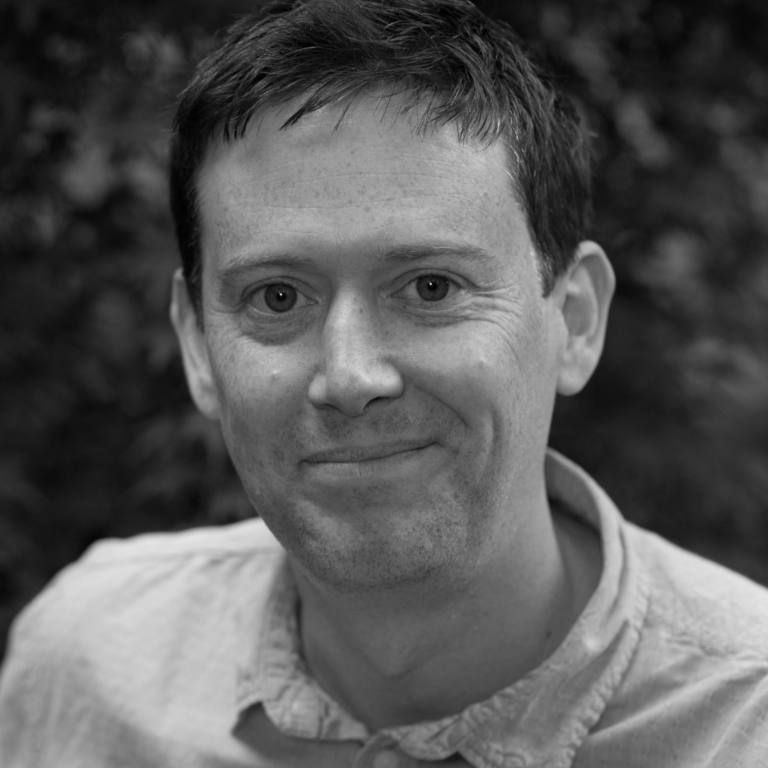
Niall Firth is executive editor, newsroom at MIT Technology Review, and oversees the team’s digital output and newsletters. Previously he was chief news editor at New Scientist.
Philip Robinson, Editor, Chemistry World
Emma Stoye, News Editor, Nature
Joseph Harker, Senior Editor, Diversity and Development, The Guardian
Mun-Keat Looi, Features Editor, The BMJ
Miriam Frankel, Science Editor, The Conversation (NB: The Conversation only commissions academics)
Biogs and pics to follow...
14:15 Combating scientific misinformation in the social media age - a success story
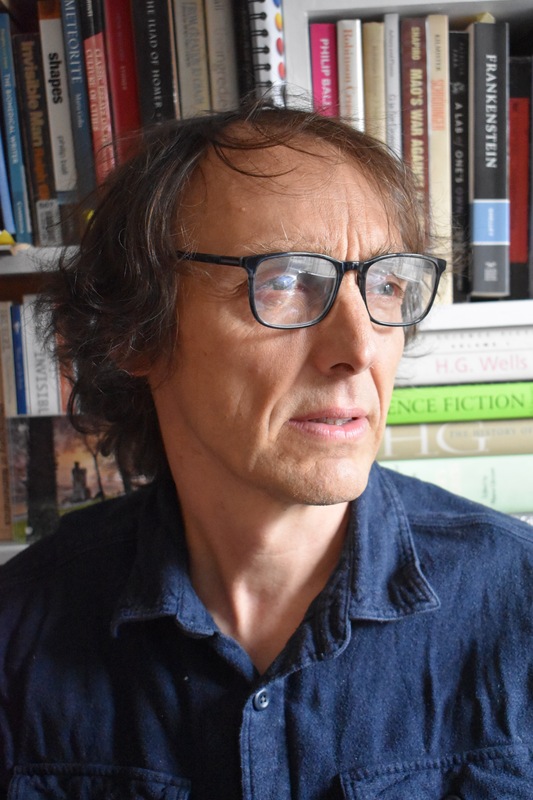
Philip Ball is a freelance science writer. He worked previously at Nature for over 20 years, first as an editor for physical sciences (for which his brief extended from biochemistry to quantum physics and materials science) and then as a Consultant Editor. His writings on science for the popular press have covered topical issues ranging from cosmology to the future of molecular biology.
Philip is the author of many popular books on science, including works on the nature of water, pattern formation in the natural world, colour in art, the science of social and political philosophy, the cognition of music, and physics in Nazi Germany. He has written widely on the interactions between art and science, and has delivered lectures to scientific and general audiences at venues ranging from the Victoria and Albert Museum (London) to the NASA Ames Research Center, London's National Theatre and the London School of Economics.
Philip continues to write regularly for Nature. He has contributed to publications ranging from New Scientist to the New York Times, the Guardian, the Financial Times and New Statesman. He is a contributing editor of Prospect magazine (for which he writes a science blog), and also a columnist for Chemistry World, Nature Materials, and the Italian science magazine Sapere. He has broadcast on many occasions on radio and TV, and is a presenter of "Science Stories" on BBC Radio 4. He is a Fellow of the Royal Society of Chemistry, sits on the editorial board of Chemistry World and Interdiscipinary Science Reviews, and is a board member of the RESOLV network on solvation science at the Ruhr University of Bochum.
Philip has a BA in Chemistry from the University of Oxford and a PhD in Physics from the University of Bristol.
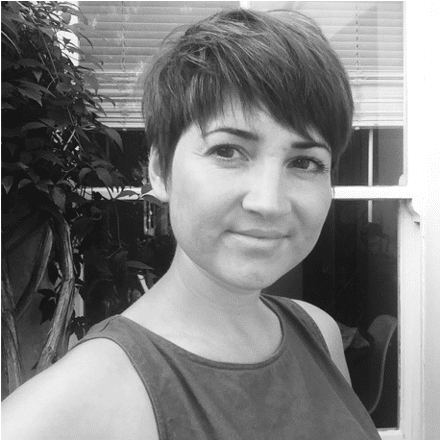
Alexandra Clark is the founder of Telltale Research. She is a highly experienced and trusted Consultant who has carried out national and international research projects for some of the world’s biggest brands, governmental institutions and well-known charities.
She specialises in ethnographic research and uses her empathetic nature to deliver deep human and cultural insights. She combines this with creative problem solving and sharp strategic thinking.
Alexandra has a BA in Social Anthropology and Spanish. She is fluent in Danish, English and Spanish.
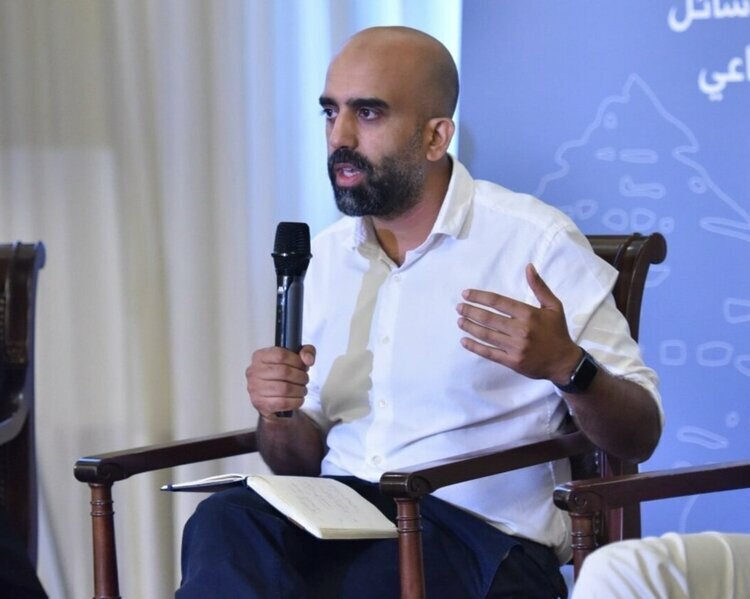
Amil Khan used to be a foreign correspondent, working across the Middle East and Asia for Reuters and the BBC. He left journalism to help good causes navigate the new information landscape. He is currently Director of Valent Projects a digital communications agency that counters disinformation campaigns through research and strategy, response, training and social media.
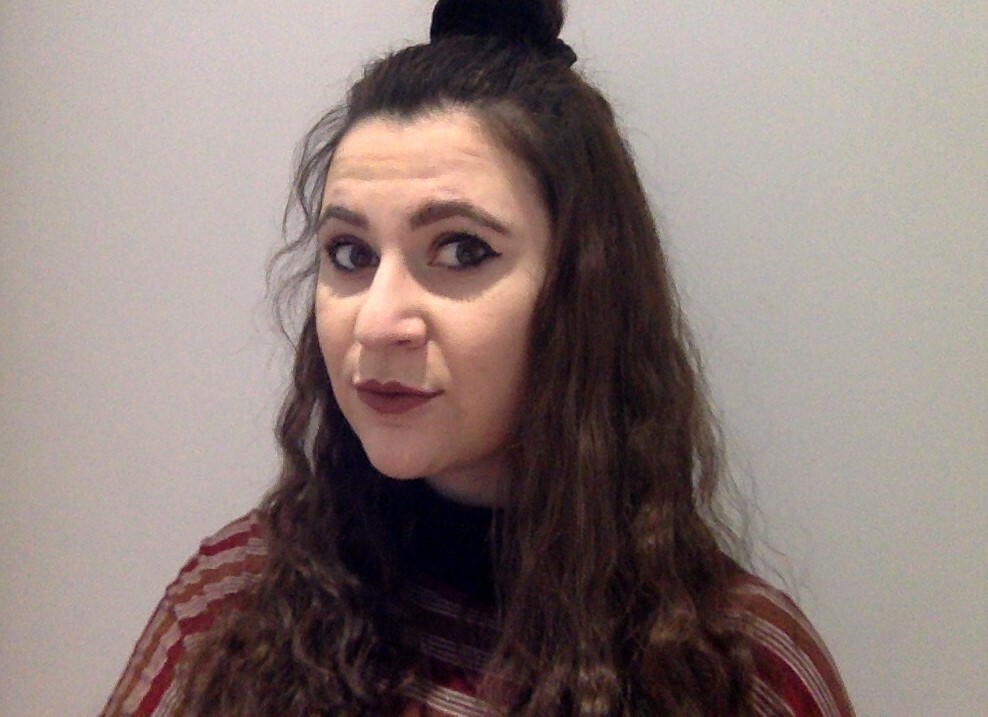
The Covid pandemic saw millions around the world coming to the BBC to understand the truth amid conflicting accounts of what was true and what was false. Rachel Schraer, BBC's health and disinformation reporter, led the health team’s coverage of Covid misinformation, highlighting claims about fertility targeting women and unproven treatments like vitamin D and ivermectin pushed by anti-vaxxers. Now working as the BBC’s first health and disinformation reporter, Rachel monitors and debunks false claims, misused statistics and online misinformation and tells the stories of the people caught in its crosshairs.
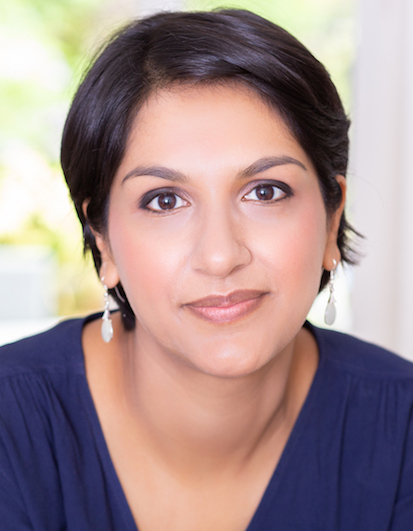
Angela Saini is an award-winning British science journalist and broadcaster. She presents science programmes on the BBC, and her writing has appeared in New Scientist, The Sunday Times, National Geographic and Wired.
Her latest book, Superior: the Return of Race Science, was a finalist for the LA Times Book Prize and named a book of the year by The Telegraph, Nature and Financial Times. Her previous book, Inferior: How Science Got Women Wrong, has been translated into thirteen languages.
Angela has a Masters in Engineering from the University of Oxford and was a Fellow at the Massachusetts Institute of Technology. She is a member of the ABSW Executive Board and of the Programme Committee for UKCSJ22.
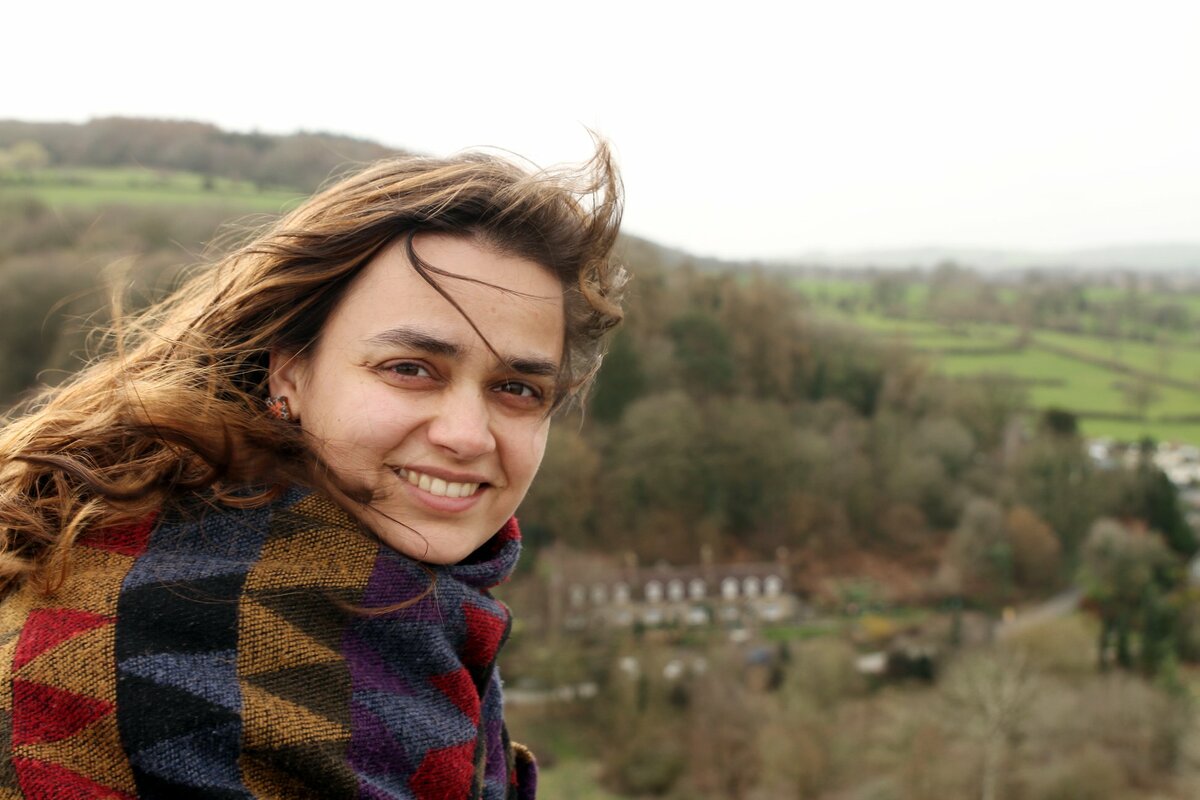
Shamini Bundell is an award-winning science video journalist with a love of fossils and nerdery. After working for several years in television production, Shamini is now a Senior Multimedia Editor at Nature where she produces, edits, films and occasionally presents short-form documentaries for Nature's online channels. In her spare time she also co-runs and co-hosts the RPGeeks, a weekly live-stream, podcast and TikTok channel that combines tabletop role-playing games like 'Dungeons & Dragons' with science communication.
14:15 Lessons from the best on science video making
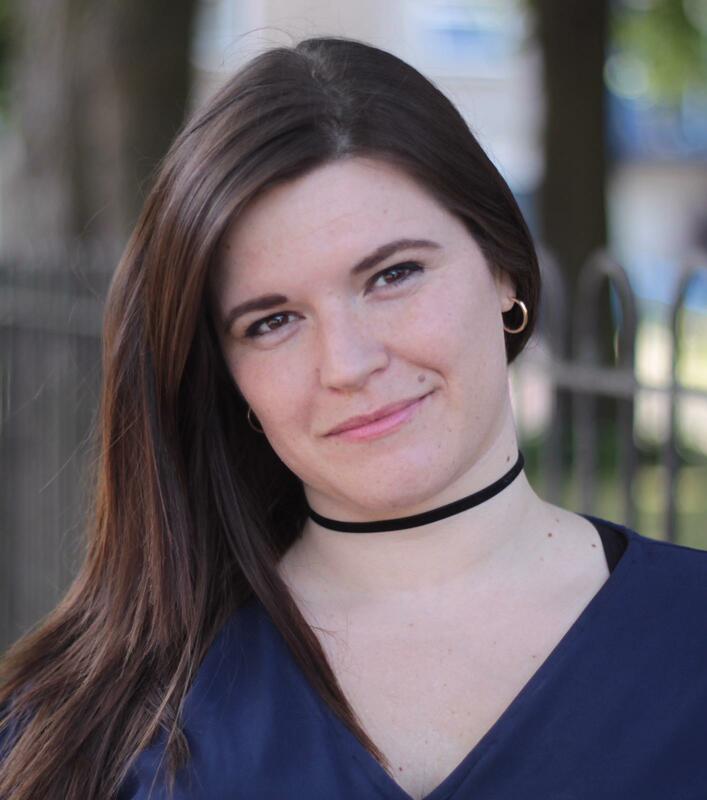
Emily Bates is a science video producer and reporter. She's worked on documentaries for the BBC, Discovery Channel, Channel 4 and Sky and was a reporter for BBC Click. Now she is part of the video team at New Scientist, producing videos for all their social media channels and fast turnaround news content. Alongside her video work she has also produced live science shows around the world from Scotland to India.
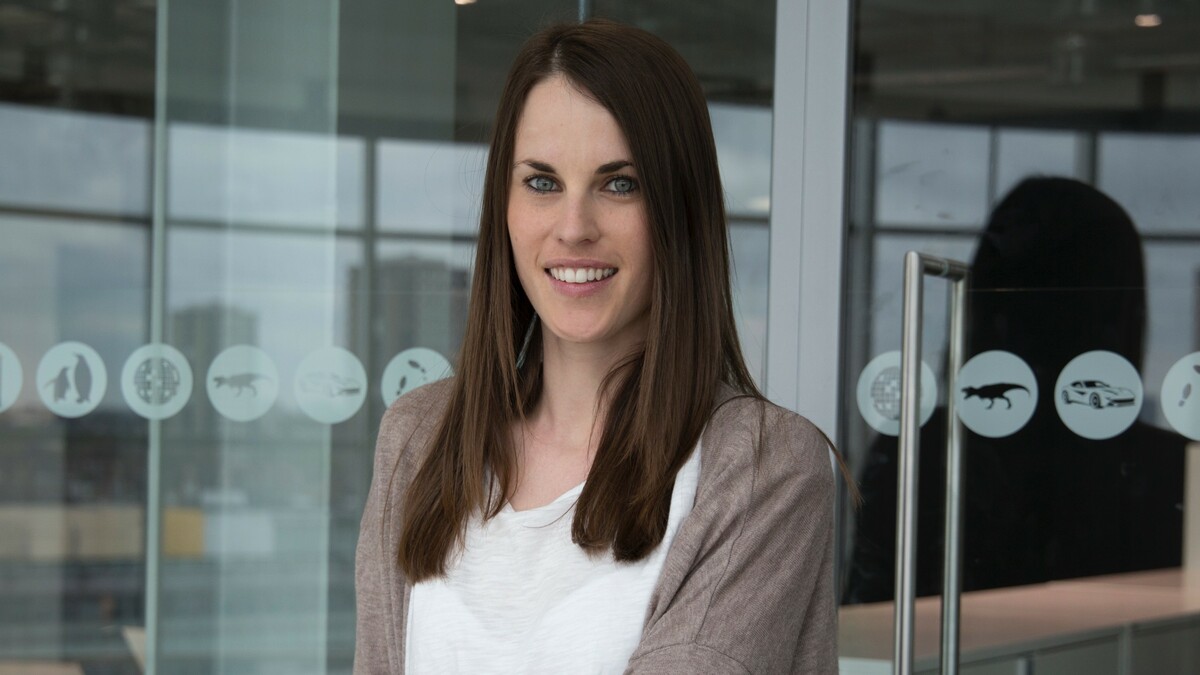
Melissa Hogenboom is an award-winning science journalist, filmmaker and editor at the BBC. She makes and commissions films and writes articles on a range of topics including psychology, neuroscience and human evolution. Her journalism has been recognised by multiple awards, including the Webbys, the Drum Awards, Kavli AAAS Science Awards, the Telly Awards and the Association of British Science Writers Awards. She is a New America fellow, and she is author of The Motherhood Complex.
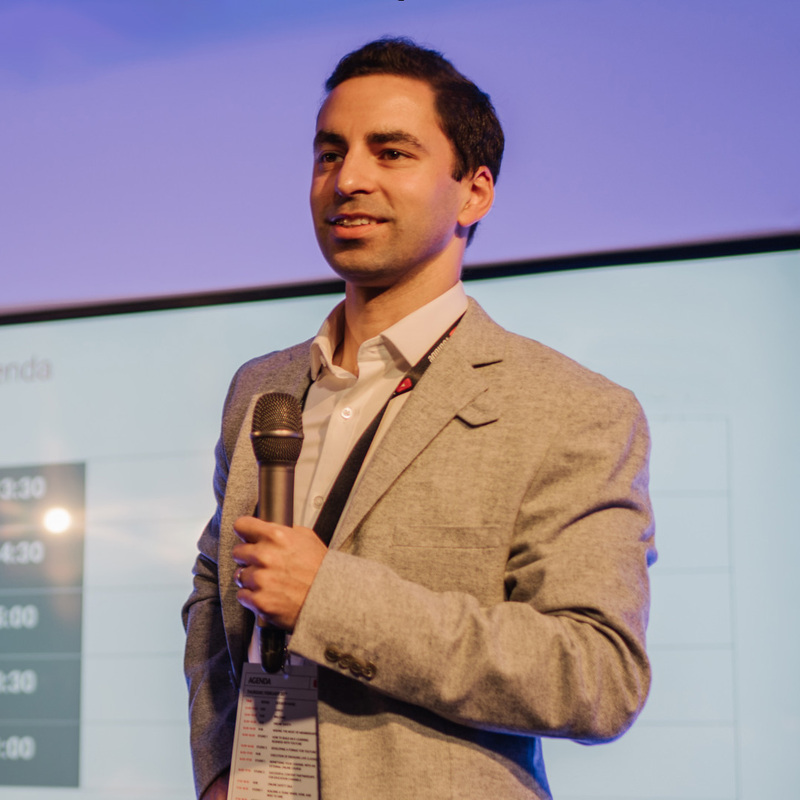
Rohin Francis is a consultant cardiologist in Essex, and former academic. He runs a YouTube channel called 'Medlife Crisis' where he attempts to combine education with comedy, to varying degrees of success. He focuses on medical science and currently has half a million subscribers. Some of his COVID coverage won the ABSW/NUJ Stephen White Award for science reporting in a non-science context in 2021.
15:15 The investigative journalism toolkit
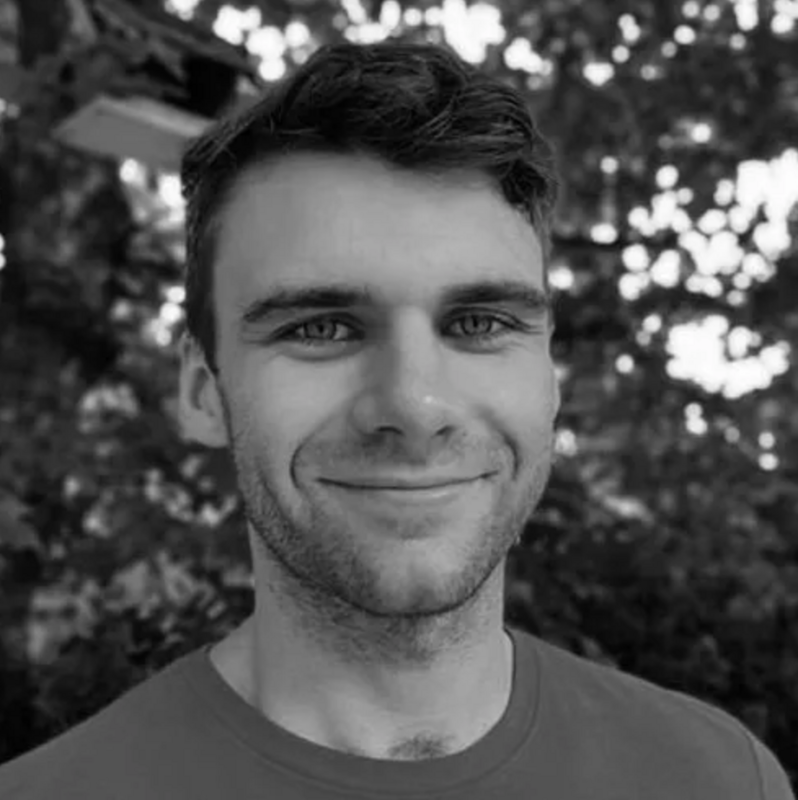
Samuel Horti is an investigative reporter on the Bureau of Investigative Journalism’s Global Health team. Before joining the Bureau, he was a senior editor at Insider, leading a team of eight business journalists. He was previously a freelance journalist with bylines in the New Statesman, Vice, the Telegraph, PoliticsHome and Edge magazine. He has reported on a range of topics, from health policy to consumer tech. He holds a journalism degree from City, University of London and a medical sciences degree from Imperial College, London.
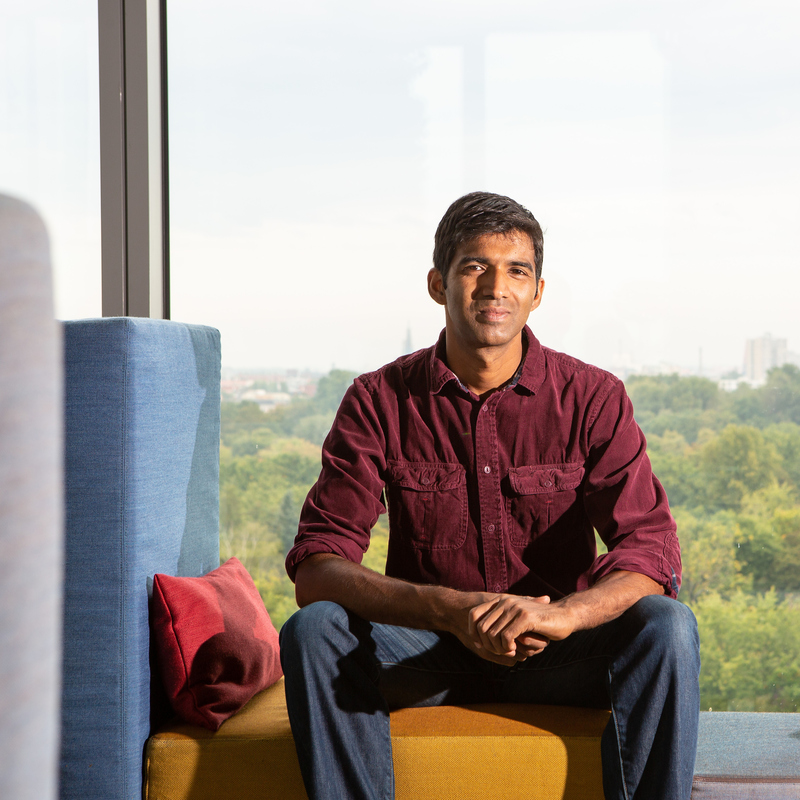
Jeevan Vasagar is Climate Editor at Tortoise Media, responsible for coverage of the climate crisis and the environment. He was formerly Environment Editor at the Bureau of Investigative Journalism.
Alice Ross is an investigative journalist at Unearthed, an environmental news website funded by Greenpeace UK. In five years there her stories have included tracing plastic waste from the UK to illegal dumps in Malaysia, using undercover reporting to show how Brexit threatens environmental protections, and using satellites and ship tracking to follow soya from illegally deforesting farms in Brazil to chickens sold in UK high street stores. Previously she worked at the Guardian and the Bureau of Investigative Journalism.
Katherine Rushton, is Deputy Investigations Editor at The Telegraph where her recent work has included deep dives into the coronavirus crisis, as well as undercover exposes of anti-vaxxers and online gender clinics circumventing NHS rules. She spent the first part of her varied journalism career as a business journalist, initially working on trade magazines and latterly as the Telegraph’s US Business Editor. She has also spent many years covering technology and media, including at the Daily Mail.
15:15 Science Writer Dragons Den: Meet the Dragons!
Connie St Louis - Freelance journalist and writer.
Roger Highfield - Science Director at the Science Museum Group, author, journalist and broadcaster.
Aisling Irwin - Science and environmental journalist and author.
Kirsty Styles - Journalist, campaigner, researcher and performer, who advocates for good information, ethical technology and diverse leadership.





